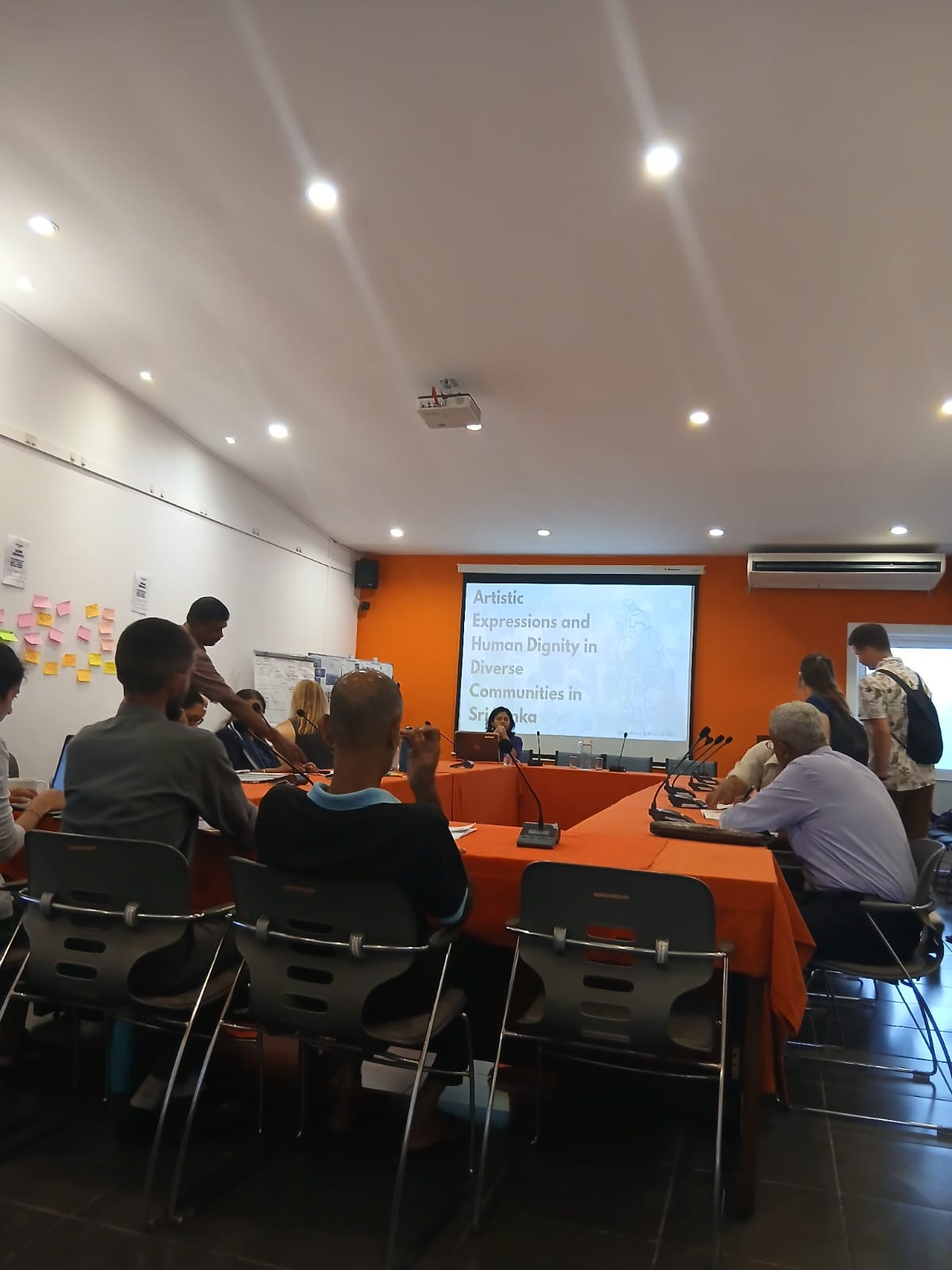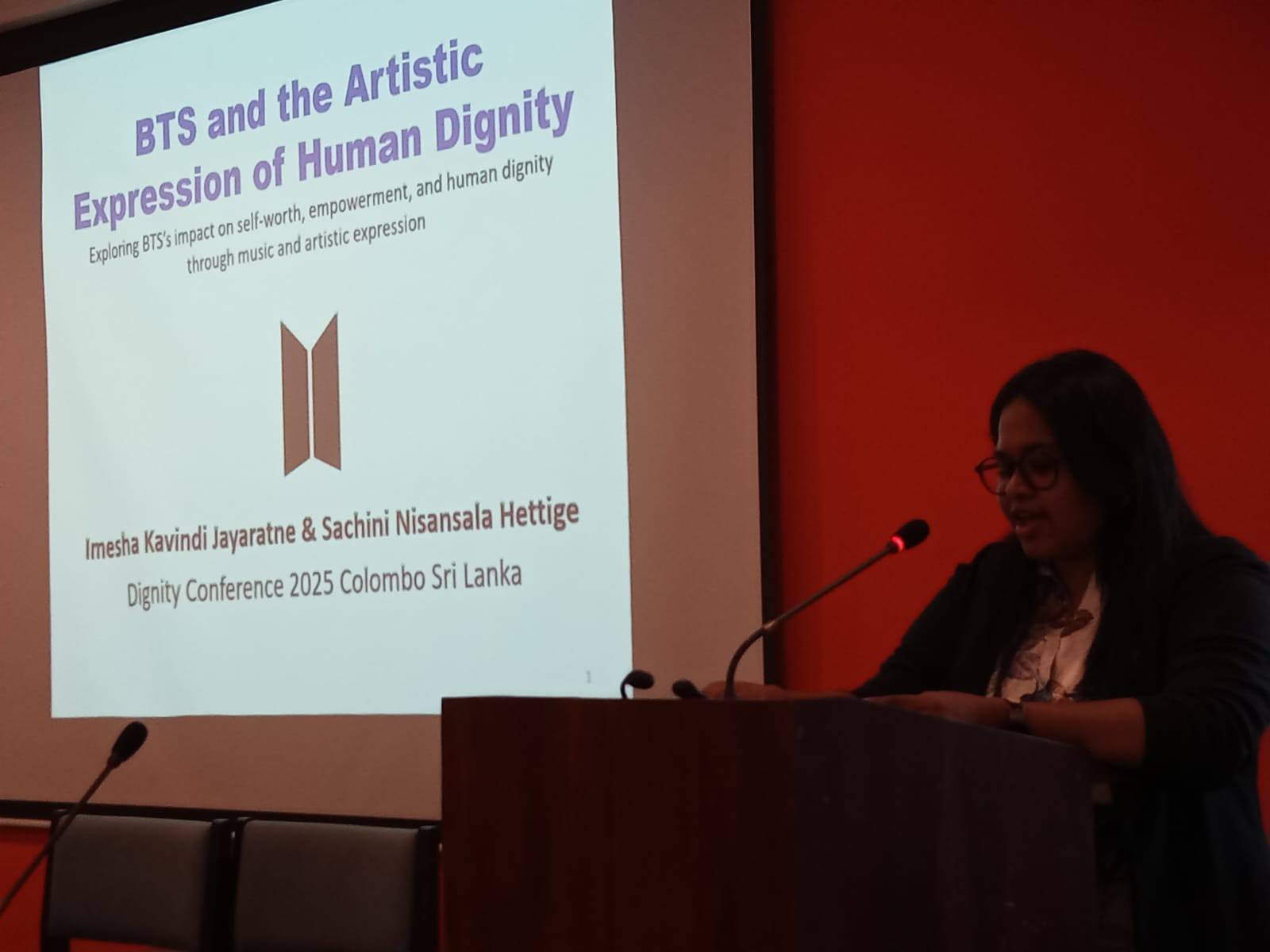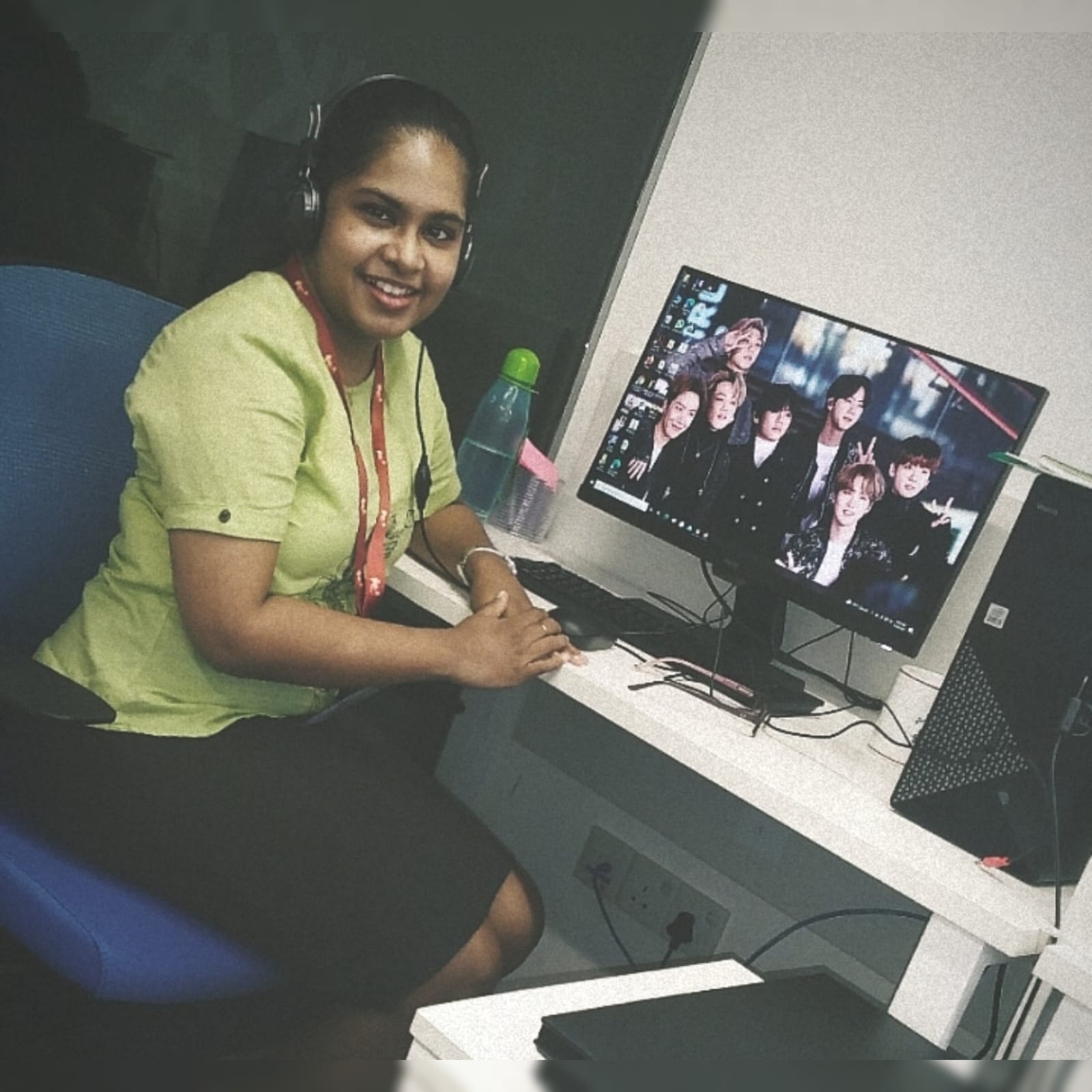Representing K-pop on a Global Stage [My Journey to the Human Dignity Conference 2025 with K-pop]
2025-07-16I had the opportunity to deliver a speech at the 2025 Human Dignity Conference, which was held from 8th – 10th July 2025 at the International Center of Ethnic Studies in Colombo, Sri Lanka. Presenting in front of an audience from all over the world, Canada, England, India, Australia, USA, Scotland, I never imagined that my passion for Kpop, and BTS in particular, would one day become the foundation for conversations about human dignity, healing, and youth empowerment.

I gave a speech titled ‘BTS and the Art of Dignity, How Kpop music inspires change through healing and hope'. What began as a passion for Kpop music and performance within me has now evolved into something much deeper, an educational and emotional exploration of how Kpop music reflects, revives, and redefines respect for individuals and communities around the world.
In my speech, I examine how BTS, a global phenomenon Kpop boy group under the Bighit Entertainment umbrella of HYBE, uses the platform not only for entertainment but also for advocacy. Through the speech, it opened a dialogue for the audience to share their ideas on how BTS has created a space for global conversations about self-esteem, mental health, identity, and youth representation through powerful storytelling, visual art, and honest emotional expression with Kpop music narratives.
The audience got a chance to look at songs like ‘Love Myself’, ‘Spring Day’, and ‘Zero O’clock’, which offer powerful reflections on human feelings, and strong initiatives through K-pop music. I addressed the points on where K-pop goes beyond the music genre through campaigns that promote human dignity as a shared global value, such as UNICEF’s Love Yourself, the Goal of the Century, and youth-focused Sustainable Development Goals (SDG) initiatives. The speech also highlighted BTS’s public stance on important issues like anti-Asian hate, the Black Lives Matter movement, mental health awareness, and Korean cultural expression. The event sparked a massive outpouring of support from the audiences around the world.
The audience was deeply moved by the K-pop music and how it speaks to young people who often feel marginalized. Kpop lyrics, declarations, and how through music it addresses the silence, calling out with the message of ‘You are worthy, You are enough’.

While preparing for this event, I found myself thinking about BTS as artists but also exploring how the whole concept of K-pop reflects the story of dignity. What does it mean to feel valued? What does it mean to be accepted, respected, and loved for who you are? These questions are not only academic ones but also a personal one for me as a Kpop lover.
K-pop is not just a music or dance genre; it is a cultural force that transcends borders, languages, and generations. This is unique not only for its excellent storytelling and artistic talent but also for its ability to tell a story that evokes intense personal and collective emotions. For millions of youth and adults around the world, K-pop has become a mirror through which they explore concepts such as love, loss, passion, and vulnerability. Through carefully produced songs, visual lines, and social structures, Kpop and especially groups like BTS, Blackpink, and Seventeen have created a space where fans feel seen, heard, and appreciated.
In Kpop, it respects practical and actionable situations by going beyond being just music or entertainment. Kpop encourages young people to speak up for themselves and others through self-love, global advertising campaigns, and the power of shared emotional experiences. Further, it has expanded the cultural curiosity, emotional understanding, and empathy by going internationally.
K-pop music encourages listeners to engage in therapeutic dialogue by discussing topics that are still considered taboo in many societies. It has opened doors for the audience in the freedom of expression. In this way, K-pop music goes beyond entertainment. It can be a force for good, a source of courage, a quiet revolution of the soul.

When I stepped off the stage, I felt honored and responsible to tell important stories with Kpop as an honorary reporter, as someone who carries Korean culture into a global context. It gave me the inner feelings to use this platform of advocacy to carry out the strong narration of Kpop through honesty and thoughtfulness.
As a Korean culture explorer, for me, K-pop music is not just about melody and rhythm. It is resistance, healing, awareness, and comfort. Through this experience, I learned that dignity is not always found in flashy actions or big words. Sometimes it can be found in the delicate stories of Korean culture, the quiet endurance of K-pop music, and the emotional openness between fans and idols. It creates space for often unspoken feelings of vulnerability and respect, and lives in the courage to keep emotions in the background even when the path forward is uncertain, as many K-pop idols do.
How about this article?
- Like0
- Support0
- Amazing0
- Sad0
- Curious0
- Insightful0


